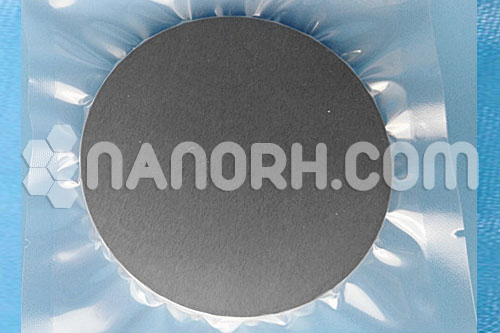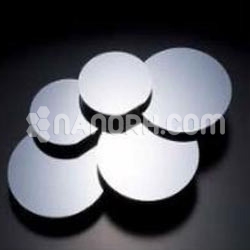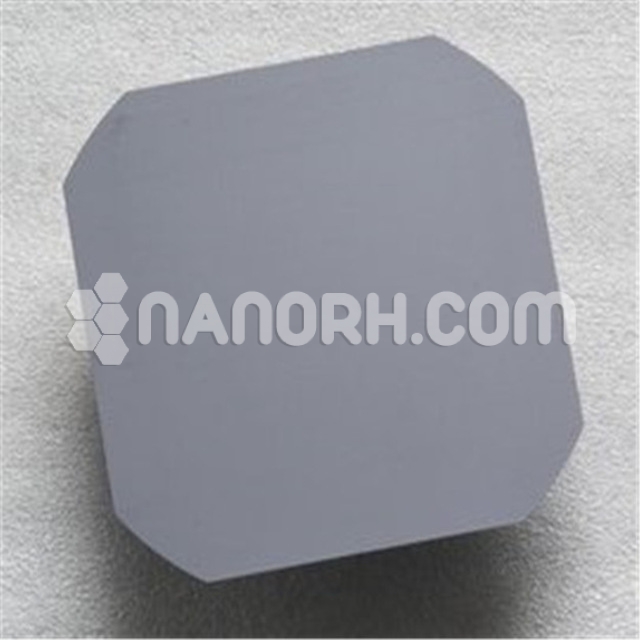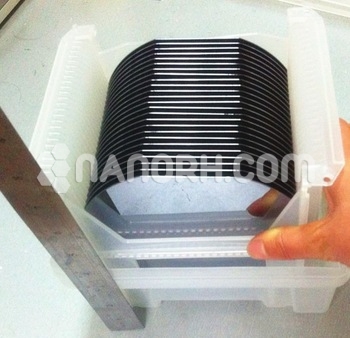| Zinc Oxide doped with Sodium Sputtering Targets | |
| Product No | NRE-43295 |
| CAS No. | NA |
| Formula | Zn0.99Na0.01O |
| Molecular Weight | NA |
| Purity | >99.9% |
| Density | NA |
| Thickness | 3 mm ± 0.5mm (can be customized) |
| Diameter | 50 mm ± 1mm (can be customized) |
| Shape | Round |
| Resistivity | NA |
| Thermal Conductivity | NA |
Zinc Oxide doped with Sodium Sputtering Targets
Introduction:
Zinc oxide doped with sodium sputtering targets is a semiconductor material that combines the advantageous properties of zinc oxide with the enhancements brought by sodium doping. This modification can improve the electrical and optical characteristics of ZnO, making it suitable for a variety of applications in electronics, optoelectronics, and materials science. As a sputtering target, ZnOis utilized to produce high-quality thin films tailored for specific technological needs.
Applications:
Transparent Conductive Oxides (TCOs):
ZnOis used to create transparent conductive films for applications in displays, touch screens, and solar cells, where both high optical transparency and electrical conductivity are essential.
Optoelectronic Devices:
This material is employed in various optoelectronic applications, including light-emitting diodes (LEDs) and laser diodes, where enhanced performance and efficiency are crucial.
Semiconductor Devices:
ZnO thin films are utilized in semiconductor devices, such as transistors and diodes, benefiting from improved electronic properties.
Photovoltaic Cells:
In solar energy applications, ZnO serves as a transparent conductive layer, enhancing charge transport and overall efficiency of photovoltaic cells.
Gas Sensors:
Doped ZnO materials demonstrate increased sensitivity and selectivity for gas detection, making them suitable for environmental monitoring and safety applications.
Thin Film Transistors (TFTs):
ZnO is also used in thin film transistors for display technologies, contributing to improved performance and energy efficiency.




